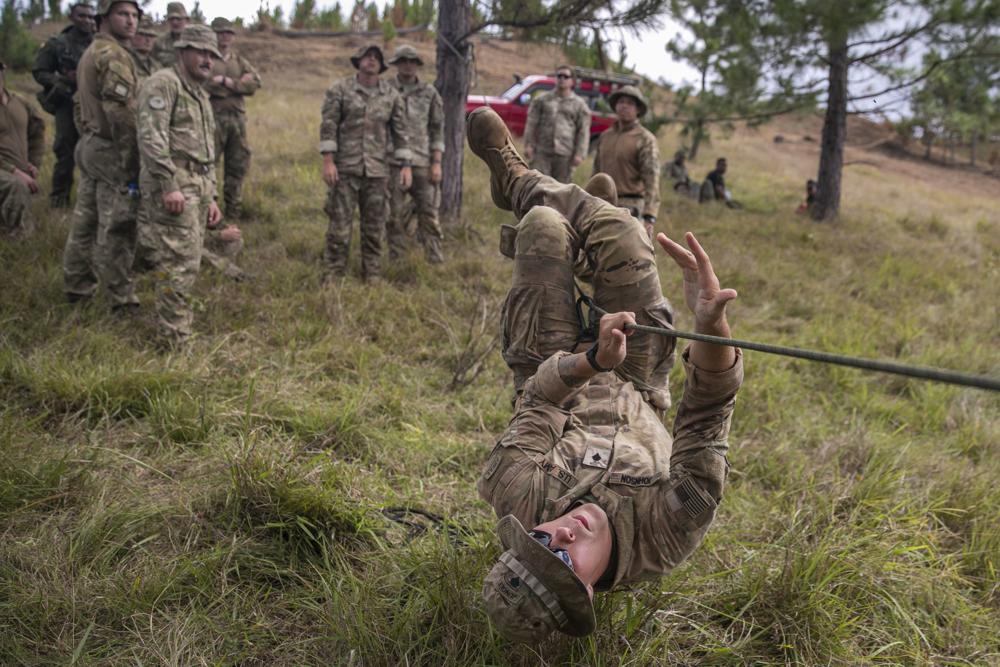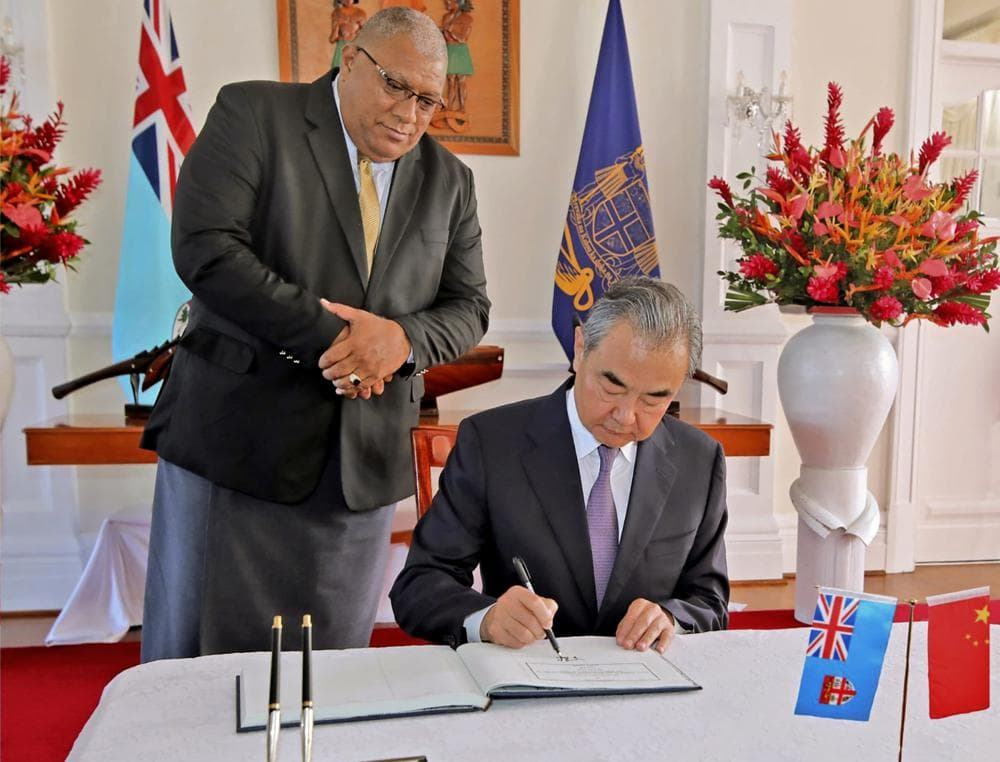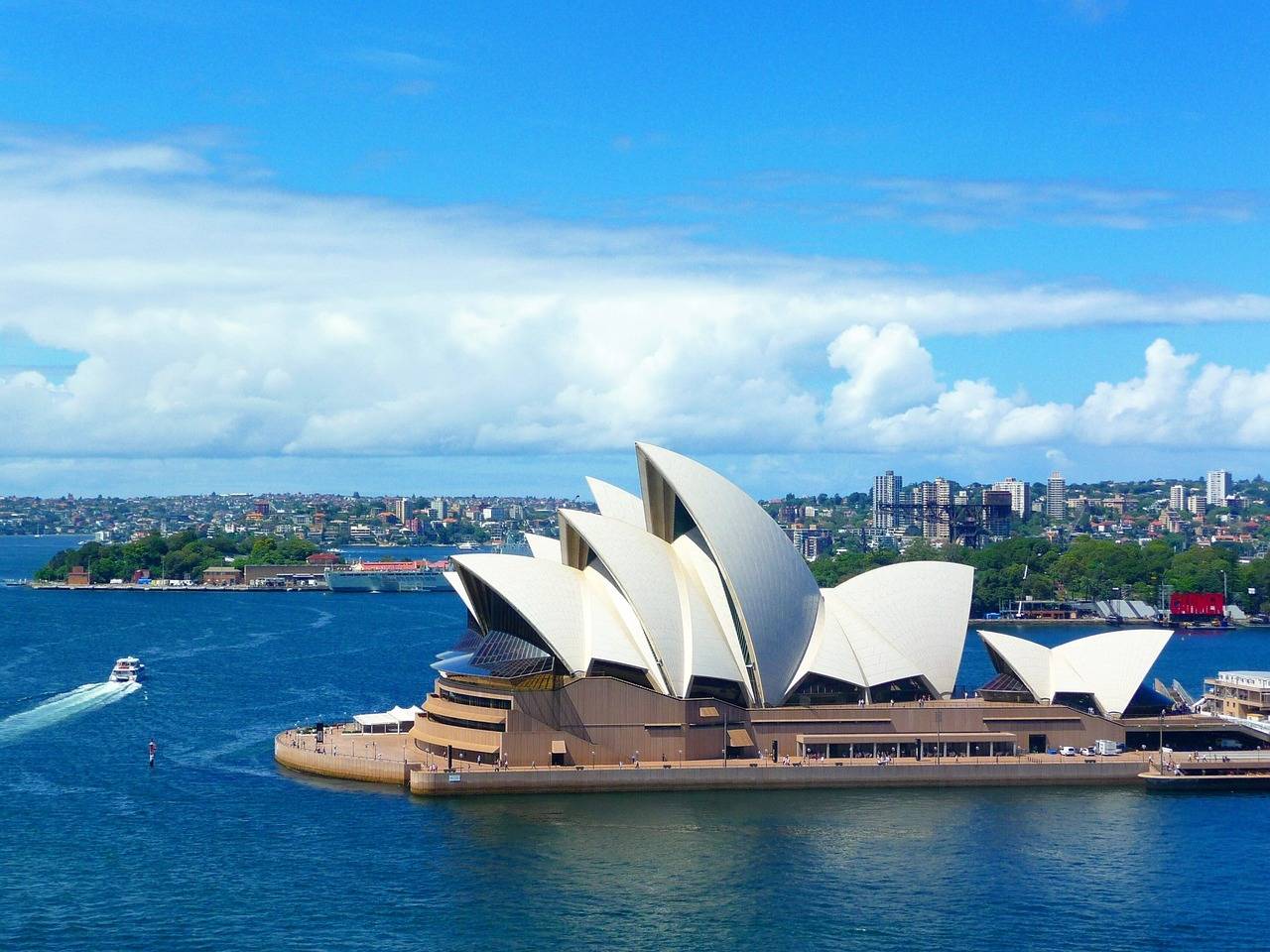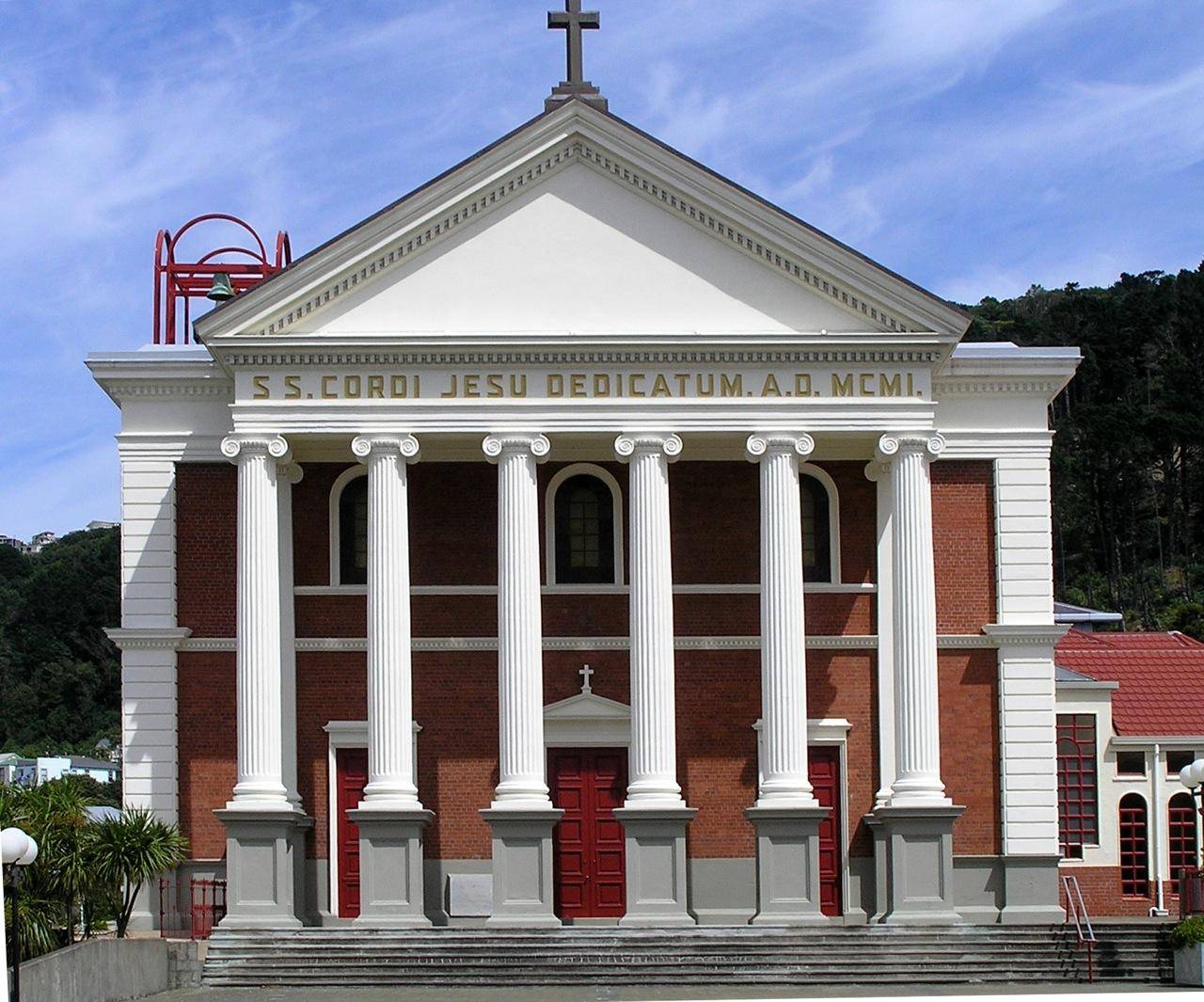Fiji’s archbishop is warning that “new colonial forces” are moving into the Pacific Island nation as it celebrates its 52nd anniversary of independence from Great Britain.
Fiji became independent in 1970, when Archbishop Peter Loy Chong of Suva was nine years old.
In his statement marking Independence Day, Chong noted that as the country moved towards independence, tension was high between the indigenous Fijians, known as iTaukeis, and Indo-Fijians, descended from the contract laborers brought to the islands by the British in the 19th century.
“Fear and uncertainty were my experiences of the last nine years of colonialism,” the archbishop said.
“Some iTaukei people tell me that suppression and fear marked the colonial era. ITaukei villages were governed by two legal systems, the Village Law (Native Administration) and Colonial Law. The native policeman (ovisa ni yasana) is the most feared person. He comes looking for you if you don’t pay your native tax. If a person broke a village law, he appeared before the native court,” he remembered.
He also remembered “a lot of excitement” when independence came on Oct. 10, 1970, but added that the dreams of the country were short-lived due to a series of coups.
Currently the country’s prime minister is Frank Bainimarama, who seized power in a 2006 coup, but was later elected in 2014 under a constitution he imposed the year before. Despite the country’s return to democracy, Chong said the country is experiencing “uncertain times.”
“We live in fear. It is dangerous to speak your mind for truth and justice. I have been threatened for speaking out,” the archbishop said.

“Today, there are new colonial forces moving into Fiji. There is the fear of China and Chinese extractive industries and companies. There are powerful multinational corporations taking their places. Big nations like Australia, USA, New Zealand and China are exerting political influence in Oceania,” he said.
The island chain of nearly one million people has mineral deposits such as gold and copper, as well as a thriving fishing and timber industry. Chinese companies have been active in the Pacific region, with the United States and Australia trying to strengthen ties with the area’s governments.
Last month, Fiji held military exercises with the U.S., Britain, Australia and New Zealand.
Chong noted that local communities do not participate in decision making.
“Decision about trade, foreign debt, and capital investments are made with little or no input from the majority of the people affected,” he said, adding that the “divide between the state-elites and local communities hinders true participation.”

“In globalization, nation states have not disappeared, but they now operate within a different context. Nation states retain power, but they must wield that power in collaboration with other powerful nations and multination corporations. In reality, it is the multinational corporations that rule the world,” the archbishop said.
Fiji is a religiously diverse country. Two-thirds are Christian, with the predominant denomination being Methodism. About 10 percent of the country is Catholic.
In his message, Chong said the Catholic Church has two key roles in Fiji’s political history: To set forth the requirements of just social action set forth in the Bible and Catholic Social Teaching; and to denounce social, economic, or political actions and structures in the name of justice and the Kingdom of God.
“The church wants to build a just society and it seeks to do so on the solid foundation of four fundamental values: Truth, Freedom, Justice and Love. In its commitment to a just society, the Catholic Church seeks to enhance true democracy in Fiji,” he said.
“On behalf of the Fiji Catholic Church, I pray that all Fijians collaborate for a truly independent, democratic and just society where the principles of participation, subsidiarity, human dignity and freedom is practiced.”
Follow Charles Collins on Twitter: @CharlesinRome















